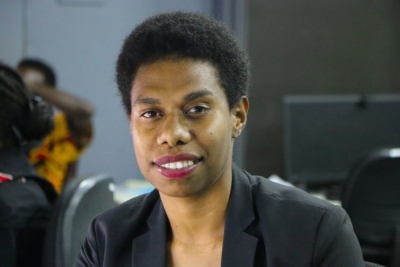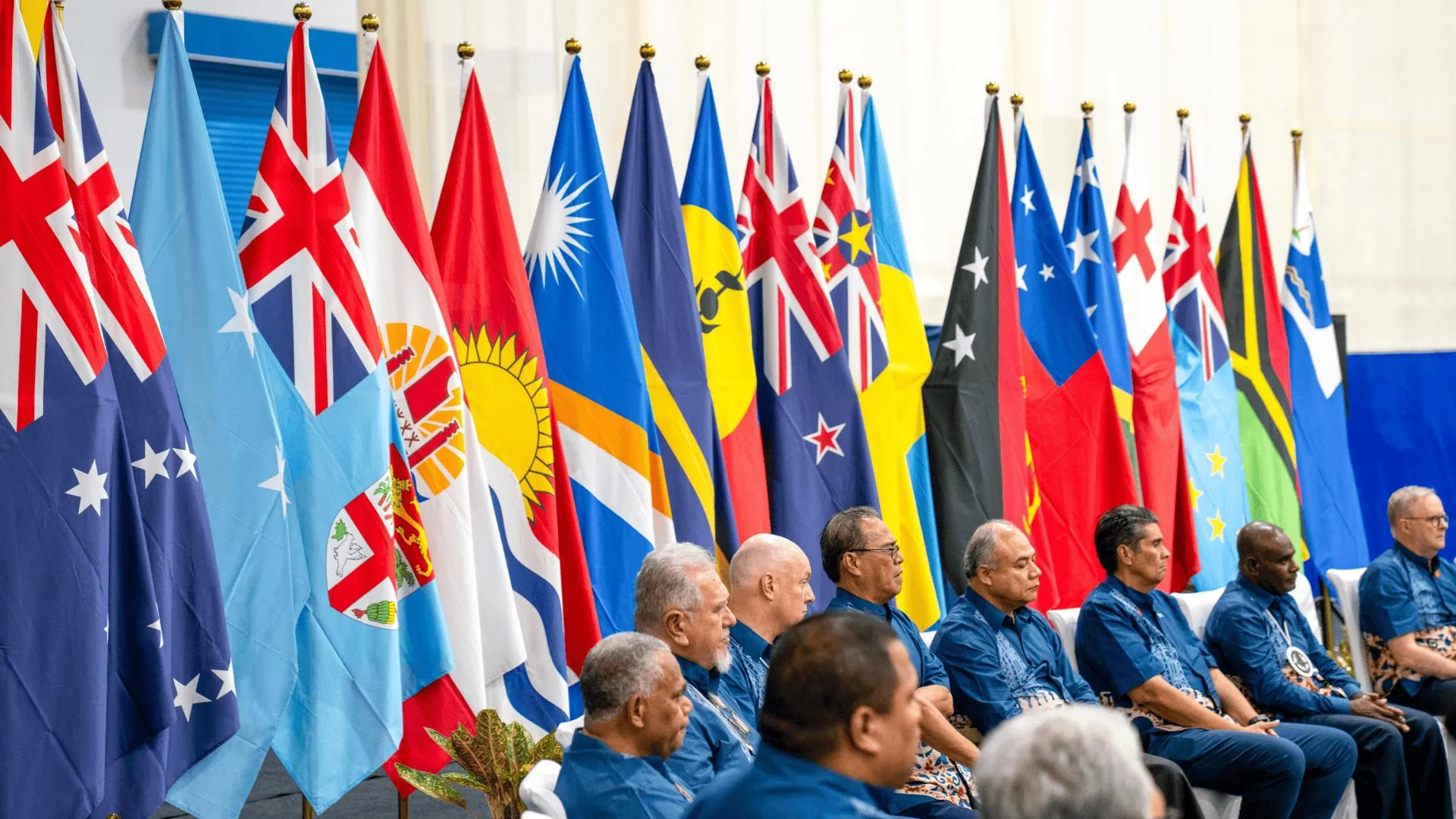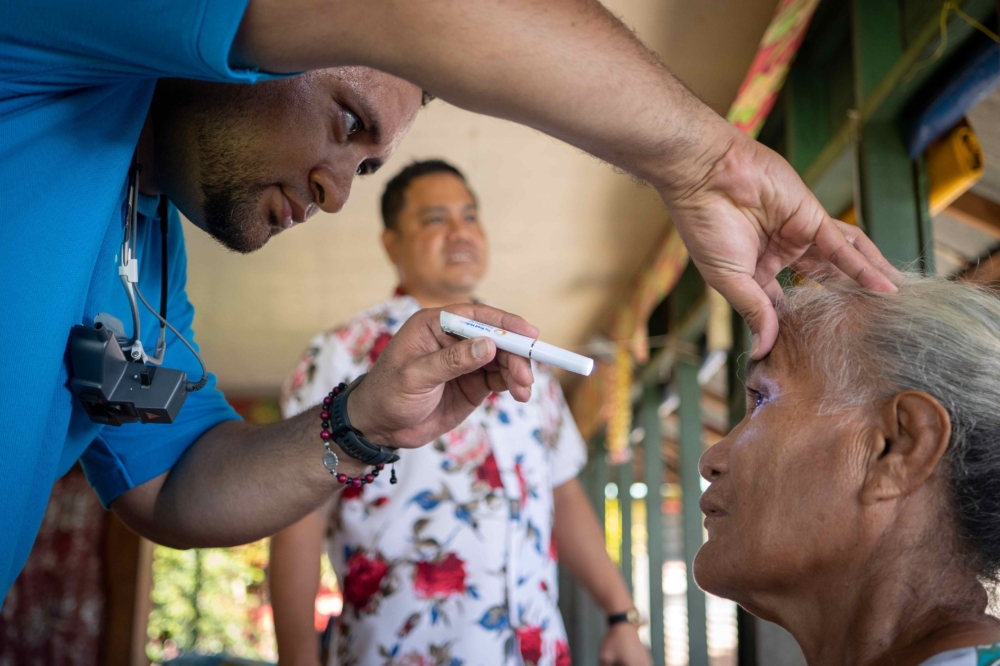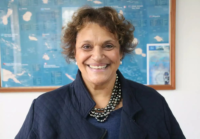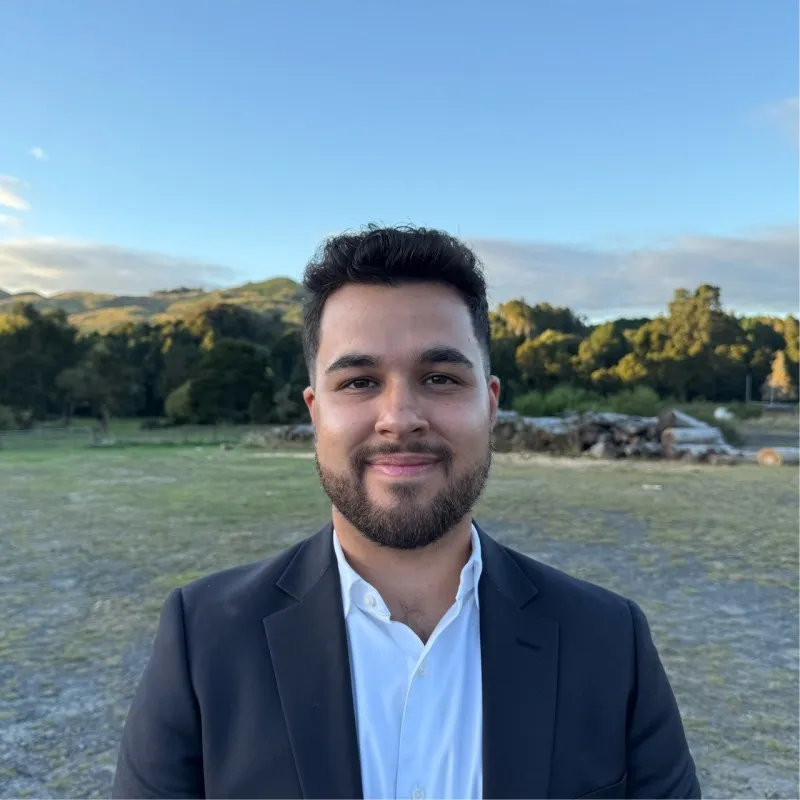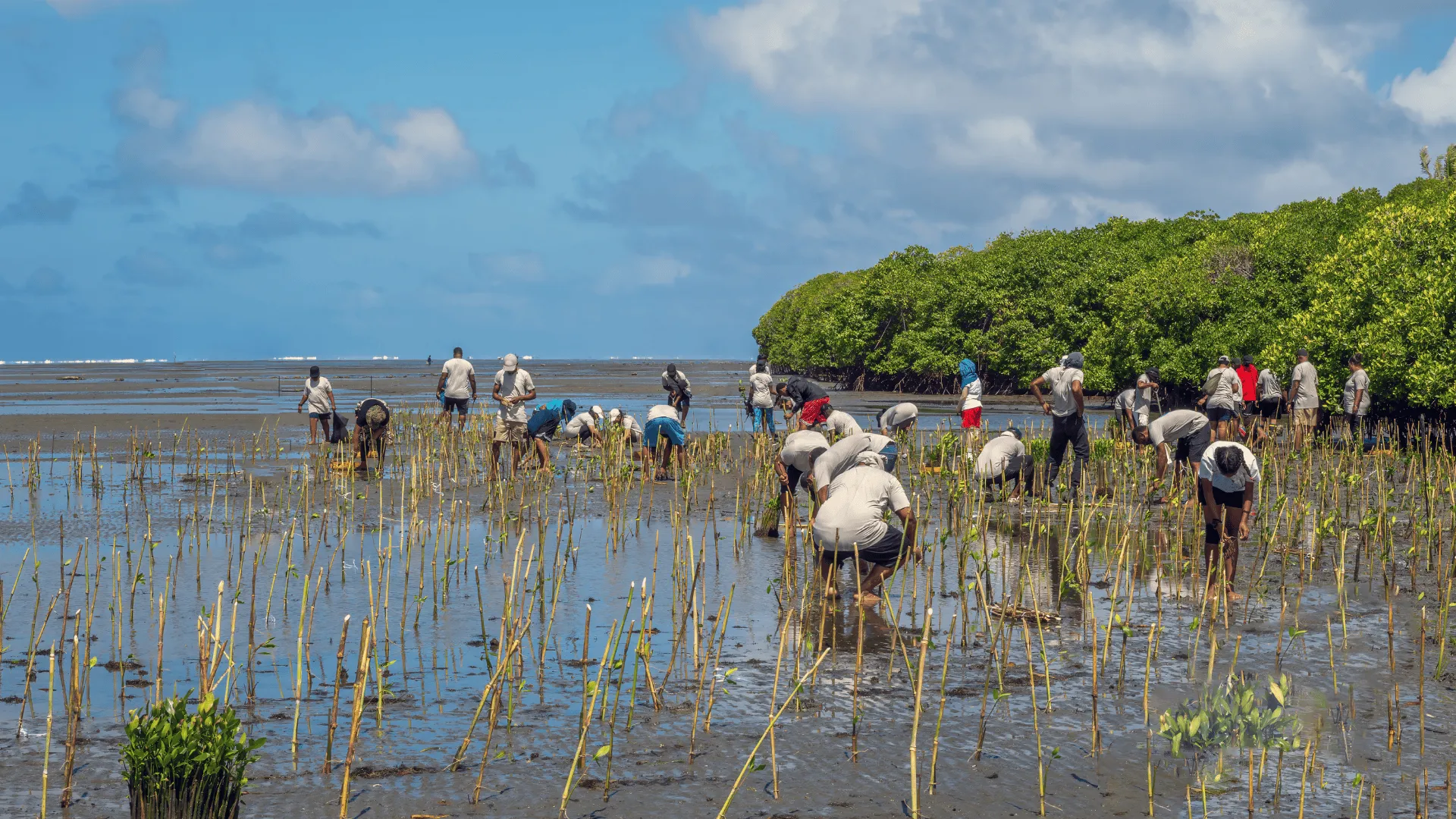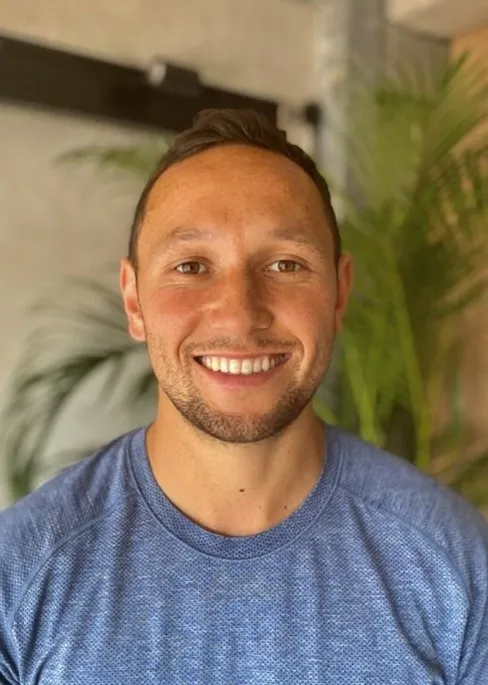The ICJ climate ruling is not about money – it’s a wake-up call from the Pacific
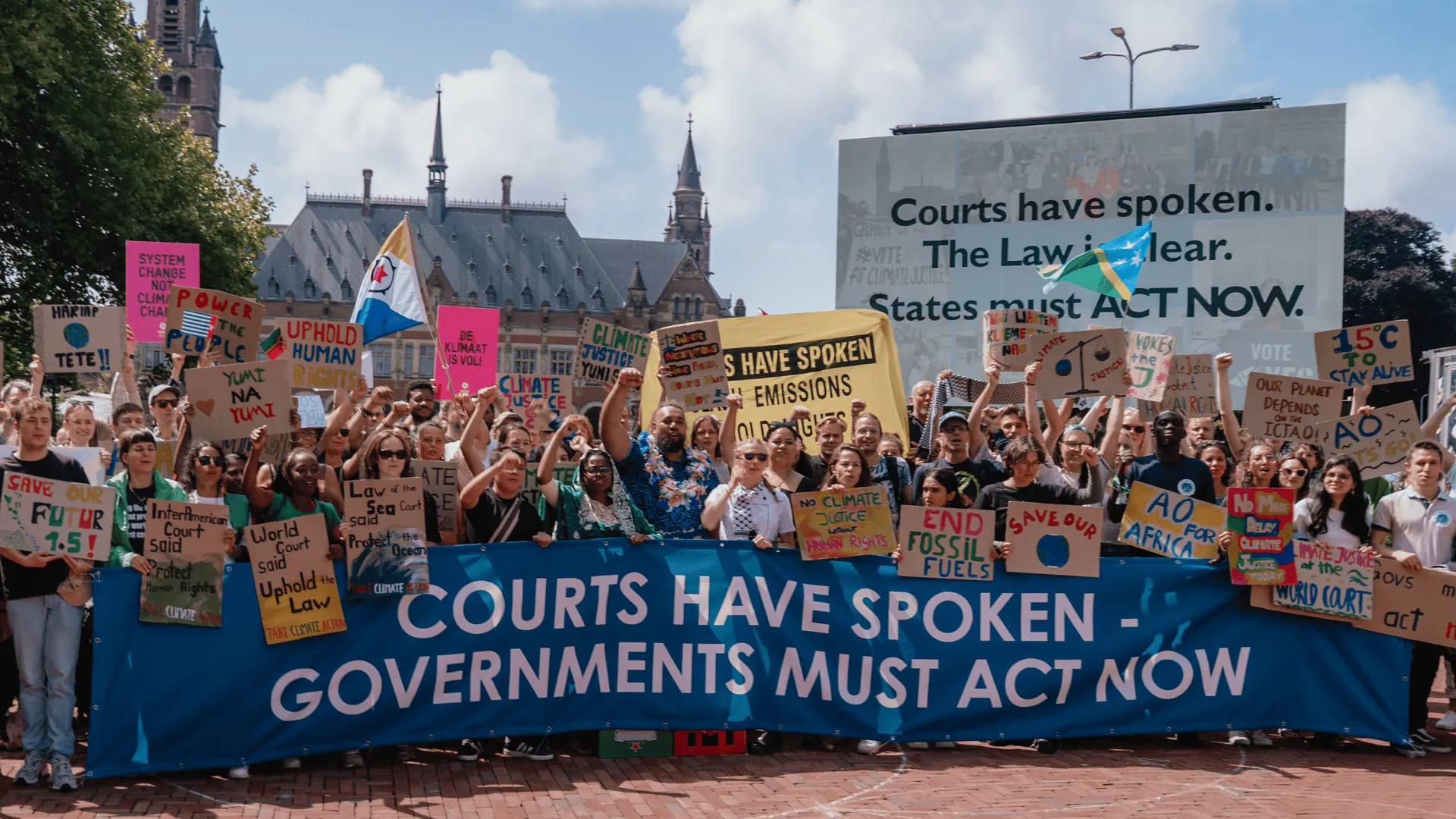
Pacific Islands Students Fight Climate Change (PISFCC) in the Hague for the reading of the International Court of Justice’s advisory opinion. Photo: Pacific Islands Students Fighting Climate Change/@pisfcc
When the International Court of Justice (ICJ) handed down its advisory opinion on 24 July 2025, I felt a wave of quiet relief.
As someone who has been reporting on this story from the beginning, I knew how much thought, diplomacy and heart had gone into reaching this moment.
For Pacific Island nations, especially Vanuatu, the University of the South Pacific students and their legal allies, this was never about financial gain. It was about global accountability and affirming the Pacific’s moral and legal right to be heard in the climate conversation.
And yet, almost immediately, skepticism surfaced.
Some commentary questioned whether Vanuatu was simply seeking future compensation. This assumption is not only wrong, but also deeply dismissive.
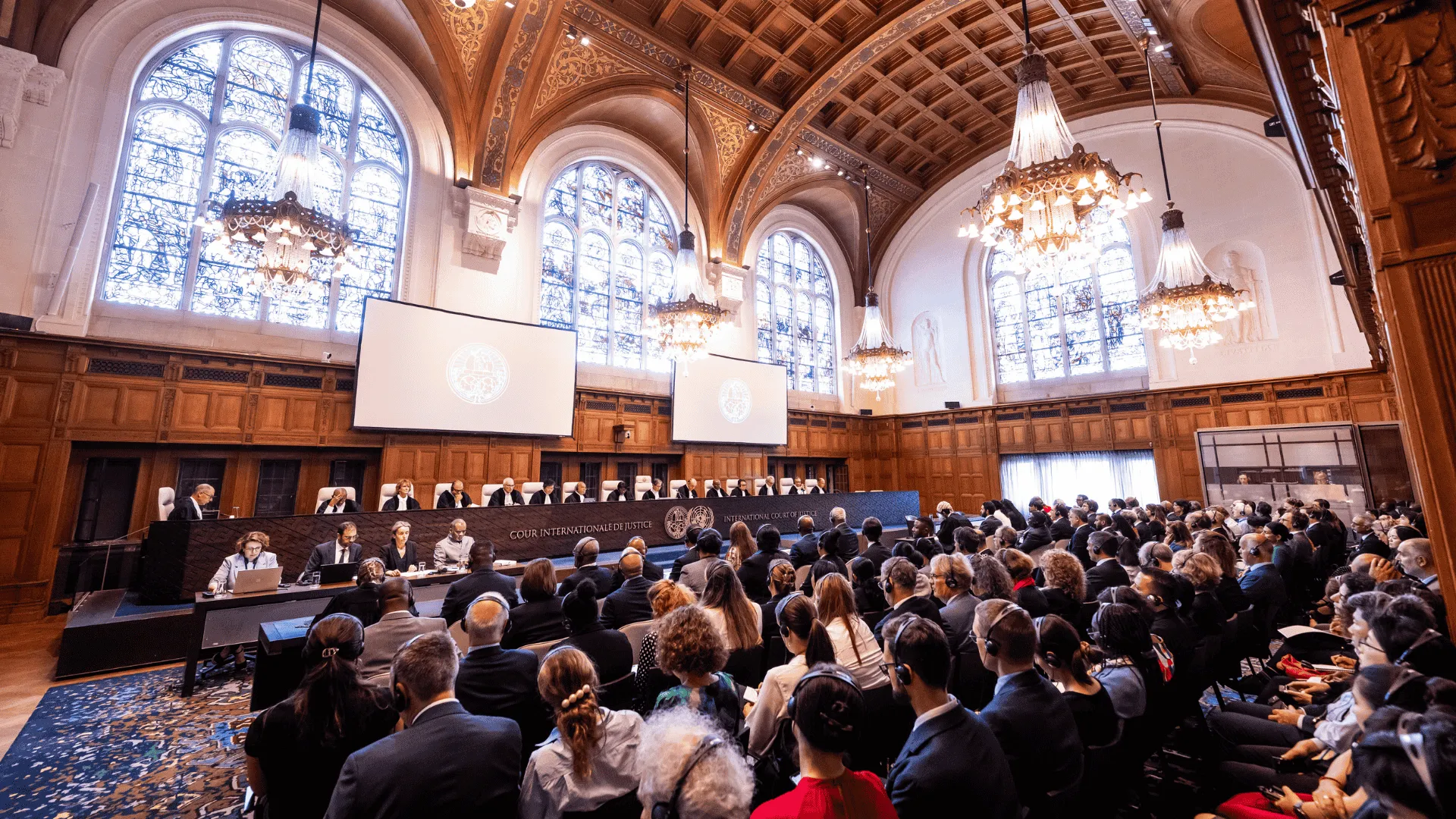
The International Court of Justice adopted the advisory opinion on Obligations of States in respect of Climate Change the unanimously. Photo: UN Photo/ICJ-CIJ/Frank van Beek. Courtesy of the ICJ.
From the start, Vanuatu and its supporters understood the case would result in a non-binding advisory opinion. But what they also appreciated is that legal opinions carry weight. And when that opinion comes from the world’s highest court, unanimously delivered by 15 distinguished judges, it holds even greater significance.
The ICJ bench included jurists from every continent, reflecting the diversity and credibility of the Court. Their unanimous ruling declared that states have obligations under international law, environmental law, and human rights law to prevent and respond to climate harm. It affirmed that failure to act could constitute a wrongful act, a phrase that will now echo in climate litigation around the world.
This ruling didn’t appear out of thin air.
This campaign, which began in a university classroom in Vanuatu in 2019, attracted extraordinary global support. In March 2023, 132 countries co-sponsored the resolution at the United Nations General Assembly, requesting the ICJ’s opinion. That alone was a diplomatic feat.
But what followed made history: 96 countries and 11 international organisations participated in oral proceedings before the Court. During the written phase, more than 150 submissions were filed, making this the most participated advisory case in ICJ history.
These are not the numbers of a fringe campaign. This was a coordinated, informed and well-respected effort backed by legal scholars, environmental scientists, diplomats and frontline communities.
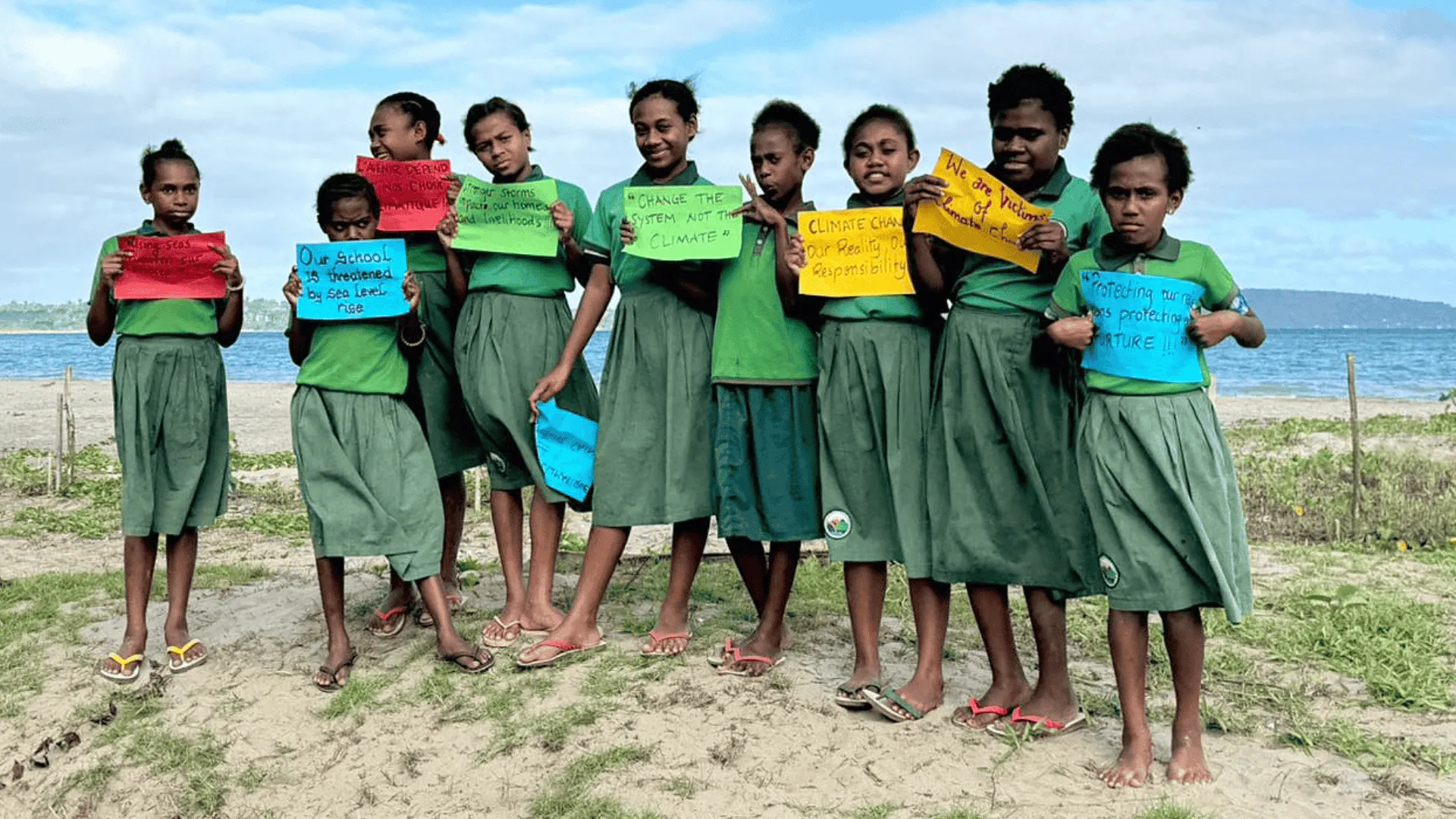
Students from the Suango Mele primary and secondary school, located in the village of Mele, in Vanuatu. Photo: Hilaire Bule/AFP
For me, the ICJ’s opinion was an emotional moment because it affirmed what Pacific peoples have been saying for years: we are not invisible. We are not voiceless. And we are not passive. We are leading, even as rising seas threaten our homes, cultures and future generations.
This ruling is also a call to development partners and regional actors. Take the Pacific seriously. We no longer accept being managed or spoken for. The climate crisis is escalating, destroying homes, flooding ancestral lands and displacing our people. We need partnership, not paternalism.
The ICJ ruling is a springboard for the next chapter of climate justice. Even if some believe the legal route was idealistic or symbolic, it now forms a solid legal and moral foundation for the global climate movement.
What we need now are solution-based conversations, built on shared responsibility.
It’s also worth remembering that centuries ago, powerful nations left their shores to claim land and resources, calling it survival. Today, the Pacific is fighting to survive too. But we’re not claiming, we are protecting. We are using the tools of diplomacy, law and advocacy to safeguard our islands, our children and our future.
To reduce this powerful movement to a search for compensation is to misunderstand what justice looks like in the 21st century. This is not about money. It’s about truth. It’s about climate justice, sovereignty and survival.
And this time, the world is listening.
Florence Leah Lowonbu is a ni-Vanuatu journalist, currently based in Brisbane. She is an Australia Awards scholar supported by the Australian Government. The views and opinions expressed in this article are her own and do not necessarily reflect those of the Australian Government or the Australia Awards program.
Views expressed via the Pacific Wayfinder blog are not necessarily those of the Pacific Security College.
This article is licensed under a Creative Commons Attribution-NonCommercial-NoDerivatives 4.0 International License (CC BY-NC-ND 4.0). Read our publishing policy.
- Themes:
- Climate change,
- Vanuatu
